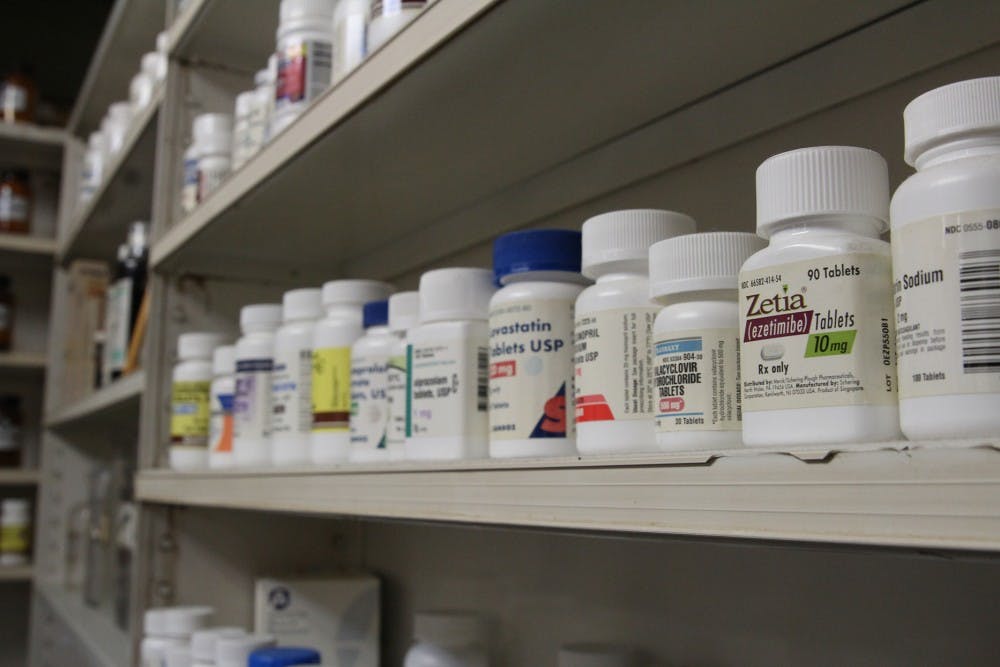Researchers at UNC’s Gillings School of Global Public Health have collaborated with labs at Vanderbilt and Emory University to develop and test a new antiviral drug called EIDD-2801 that aims to eventually treat COVID-19 patients. The drug has finished testing in mice, and researchers hope to soon move to human clinical trials.
DTH reporter Isabella Sherk spoke with Timothy Sheahan, a virologist and assistant professor in the Gillings School who's working to help develop the drug. This interview has been edited for content and clarity.
The Daily Tar Heel: What kind of drug is EIDD-2801?
Timothy Sheahan: So EIDD-2801 is a direct-acting antiviral drug. This means that it works directly to interrupt the virus’s ability to replicate itself. Some other direct-acting antiviral drugs that people may know would be Tamiflu, or Sovaldi, a drug used for the Hepatitis C virus.
DTH: How does COVID-19 attack the body?
TS: Once some amount of the virus gets in your body, it finds the right cells that it needs to infect. These viruses don't just infect any cell. It will be specific in some way. There is a protein on the outside of the cell called a receptor that the virus binds to in order to get inside your cells. These coronaviruses, especially the one that comes with COVID-19, seem to generally be contained in your respiratory tract.
Once some amount of cells are infected in your respiratory tract, those infected cells create thousands of copies of new virus cells that can spread to other cells. Ultimately, you could have millions and millions of copies of the virus in your respiratory tract.
DTH: How does EIDD-2801 work to fight this kind of disease?
TS: Viruses replicating in the presence of this drug create genomes and viruses that are defective.



